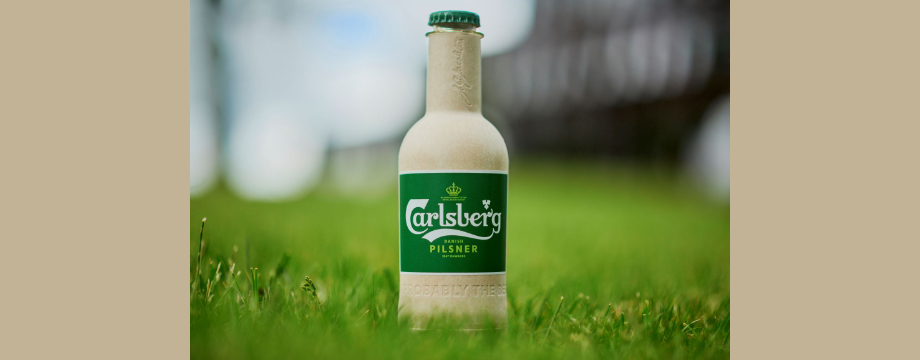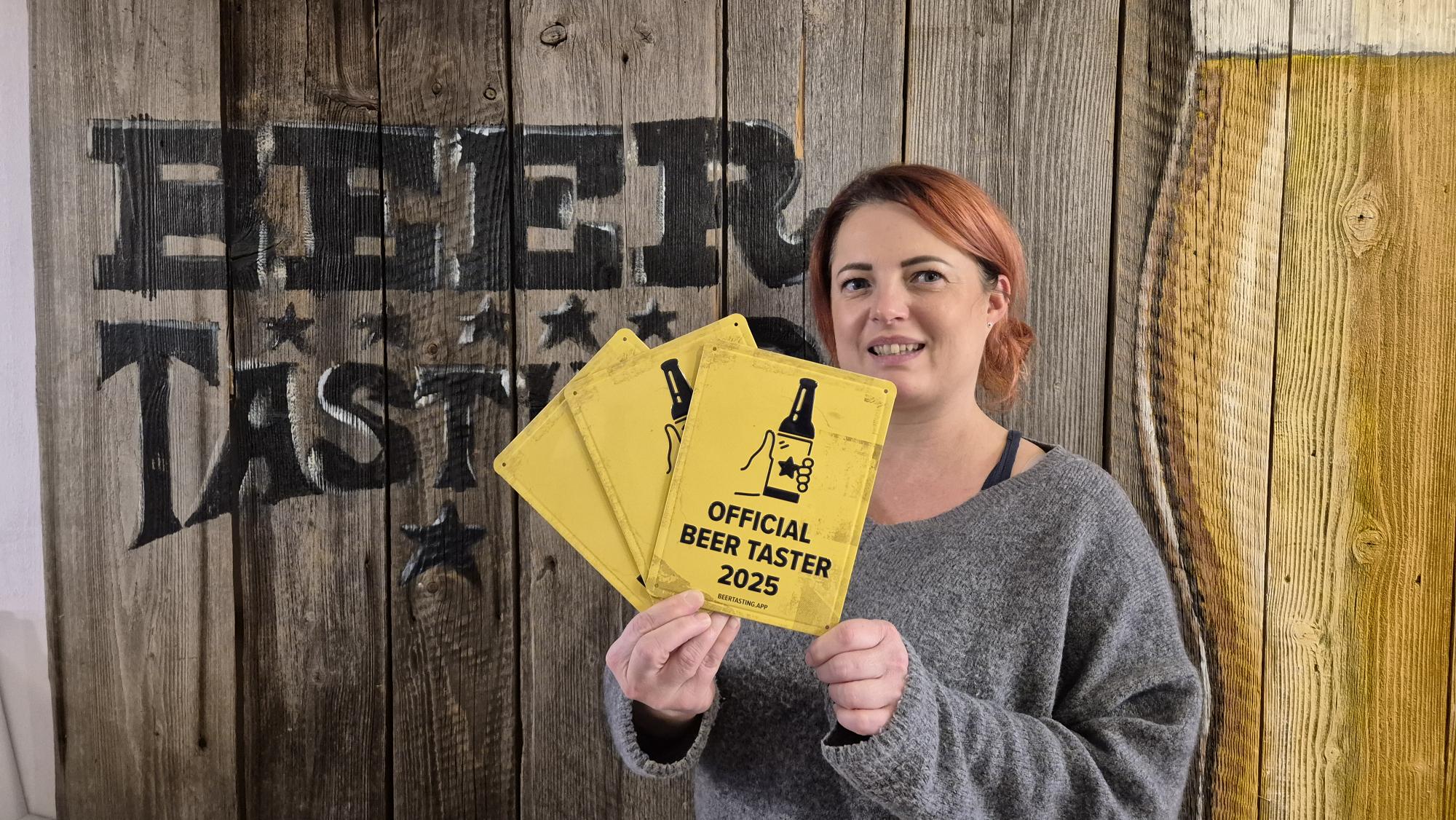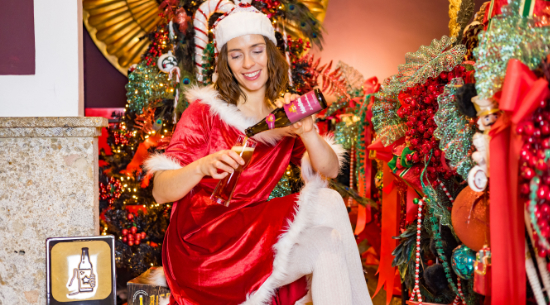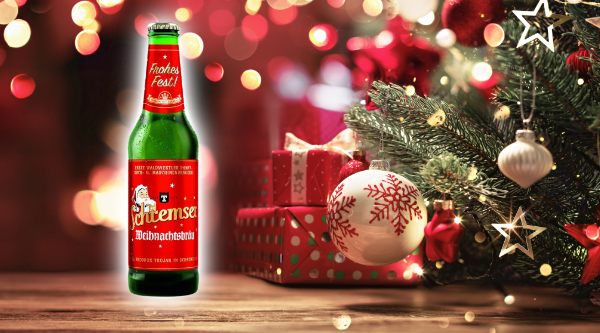
The pilot will see 8,000 Fibre Bottles being sampled in eight Western European markets: Denmark, Sweden, Norway, Finland, United Kingdom, Poland, Germany and France. The bottles will be placed into the hands of local consumers, customers and other stakeholders through select festivals and flagship events, as well as targeted product samplings.
A significant milestone for the Fibre Bottle is its plant-based PEF polymer lining. PEF is made entirely from natural raw materials, is compatible with plastic recycling systems, and can degrade into nature should it end up outside national recycling systems.
Beyond its sustainable packaging benefits, PEF functions as a highly effective barrier between the beer and the fibre outer shell, protecting the taste and fizziness of the beer better than conventional fossil-fuel-based PET plastic. The outer shell of the bottle consists of wood fibre and is also bio-based. This shell has the added benefit of insulative properties which can help keep beer colder for longer, compared to cans or glass bottles.
The bottle is 100% bio-based apart from the cap, which is currently needed to ensure the quality of the product, and together the bottle and cap are fully recyclable. According to Carlsberg, the Fibre Bottle's eco-balance is better than that of disposable glass bottles, at least when collected and reused in efficient systems.
Source and photo: Carlsberg Group
A significant milestone for the Fibre Bottle is its plant-based PEF polymer lining. PEF is made entirely from natural raw materials, is compatible with plastic recycling systems, and can degrade into nature should it end up outside national recycling systems.
Beyond its sustainable packaging benefits, PEF functions as a highly effective barrier between the beer and the fibre outer shell, protecting the taste and fizziness of the beer better than conventional fossil-fuel-based PET plastic. The outer shell of the bottle consists of wood fibre and is also bio-based. This shell has the added benefit of insulative properties which can help keep beer colder for longer, compared to cans or glass bottles.
The bottle is 100% bio-based apart from the cap, which is currently needed to ensure the quality of the product, and together the bottle and cap are fully recyclable. According to Carlsberg, the Fibre Bottle's eco-balance is better than that of disposable glass bottles, at least when collected and reused in efficient systems.
Source and photo: Carlsberg Group



